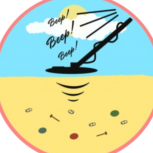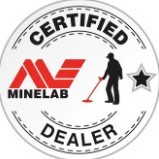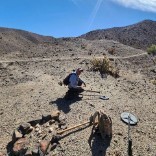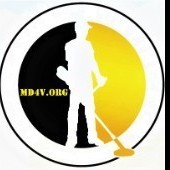The Best Metal Detector Out There
-
Similar Content
-
- 8 replies
- 643 views
-
- 8 replies
- 3,871 views
-
- 15 replies
- 1,851 views
-
- 20 replies
- 3,234 views
-
Nokta Legend And Equinox 600/800 After Tons Of Hours Used 1 2 3 4 6
By Jeff McClendon,
- minelab equinox
- nokta legend
- (and 1 more)
- 50 replies
- 15,890 views
-
- 14 replies
- 10,900 views
-
-




(1).thumb.png.8e7a6cc7820a86cd4539952816693441.png)




Recommended Posts
Create an account or sign in to comment
You need to be a member in order to leave a comment
Create an account
Sign up for a new account in our community. It's easy!
Register a new accountSign in
Already have an account? Sign in here.
Sign In Now